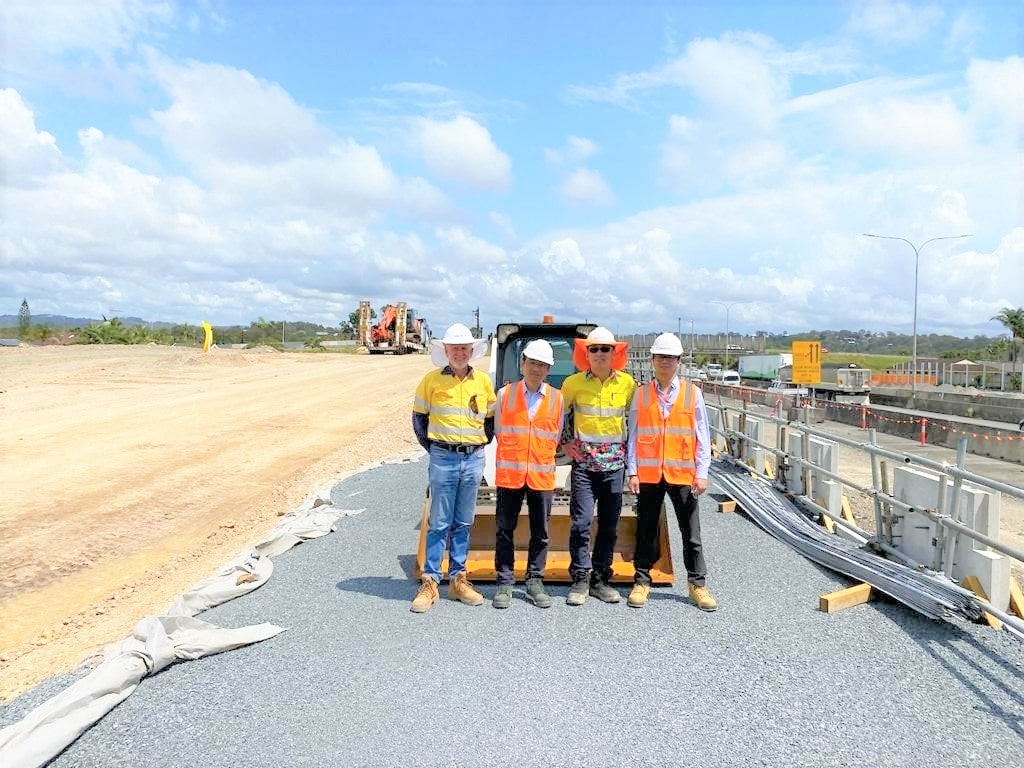
In a bid to improve road safety, a new manufacturing research collaboration is developing innovative geotechnical sensors that will monitor the health of Australia’s coastal roadways.
Geoinventions Consulting Services, in collaboration with Griffith University and supported by the Innovative Manufacturing Cooperative Research Centre (IMCRC), has secured $420,000 in cash and in-kind funding to prototype the novel sensors using micro-electro-mechanical systems (MEMS) technology for smart highway applications.
Once developed, the multi-functional sensors will measure the stress-strain behaviour and soil-infrastructure interaction of roadways to identify potential risks and safety issues.
Barry Kok, Geoinventions’ Operations Director, said the IMCRC activate collaboration would connect Geoinventions with the Industry 4.0 capability needed to deliver the first-ever Australian- made MEMS geotechnical sensors.
“This project will help pave the way for Geoinventions to establish itself as a leading Australian geotechnical consultant and instrument manufacturer in collaboration with Australian manufacturers,” he said.
“It will also be a catalyst for Geoinventions to migrate from using the conventional ‘one sensor, one location’ ‘vibrating wire’ sensor technology to the proposed ‘multi-sensors, one location’ efficient MEMS-driven sensor technology. This will empower Geoinventions to push boundaries in the competitive business world and make an impact in national and international scenes currently dominated by European and US entities.”

Professor Dzung Dao, who is leading Griffith University’s research team, said the IMCRC activate project would enable the university to apply revolutionary mechanical sensing and electronic advances to solve Geoinvention’s real-world problem.
“The current technology used in geotechnical sensors is bulky and expensive. To overcome this, Griffith and Geoinventions will use cutting-edge MEMS technology to create a compact, waterproof and energy-efficient sensor that’s uniquely suited to Australia’s environment,” he said.
“By embedding this MEMS technology, we’re offering the market an effective Internet of Things (IoT) based alternative to traditional geotechnical monitoring that can be deployed at relatively low cost.”
Welcoming the project, Dr Matthew Young, Manufacturing Innovation Manager at IMCRC, described the research collaboration as a significant opportunity to expand Industry 4.0 implementations into geotechnical sensing, with the device, packaging and housing set to be manufactured within Australia.
“By embracing MEMS technology and the IoT, Geoinventions is developing an innovative product that can be mass-produced on Australian soil,” he said.
“As this project demonstrates, supporting Australian companies to invest in advanced technologies will build a resilient manufacturing industry that can compete with offshore alternatives.”
Related stories:


